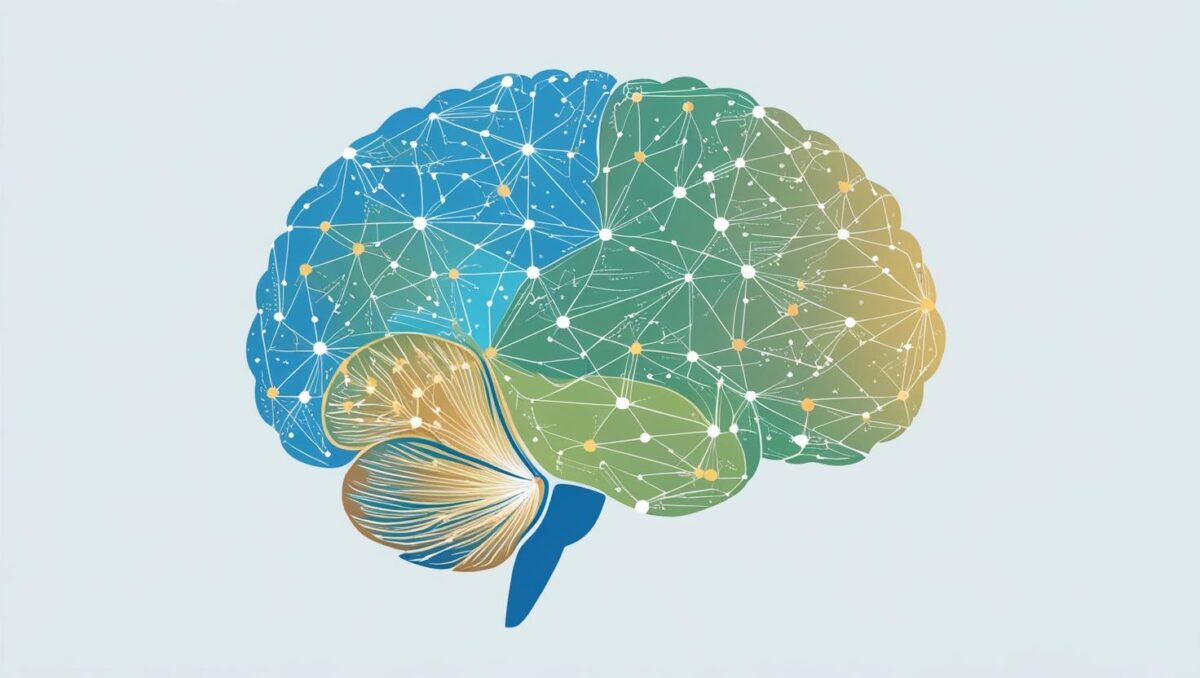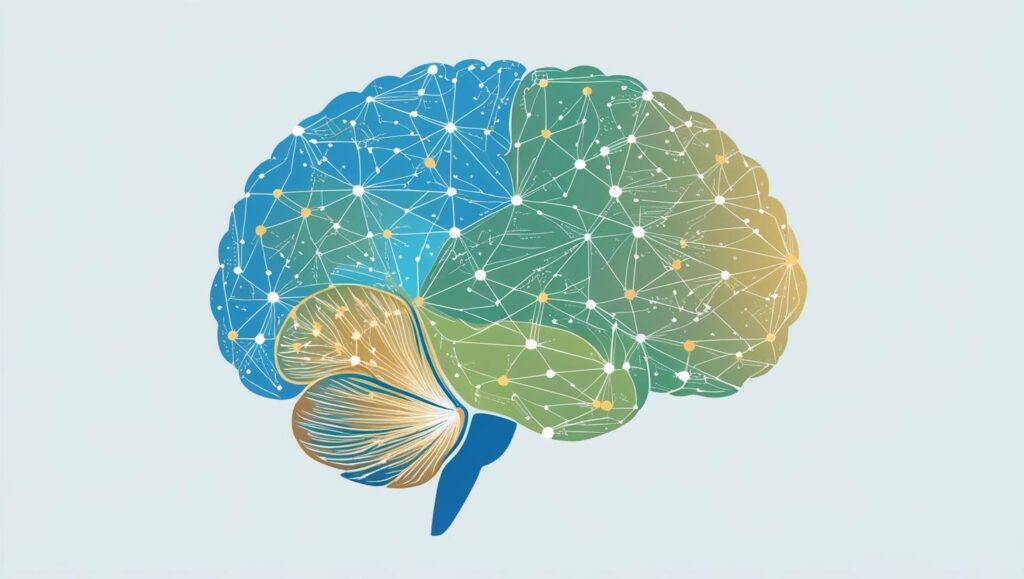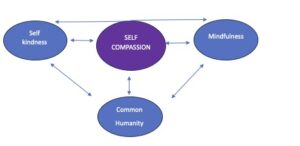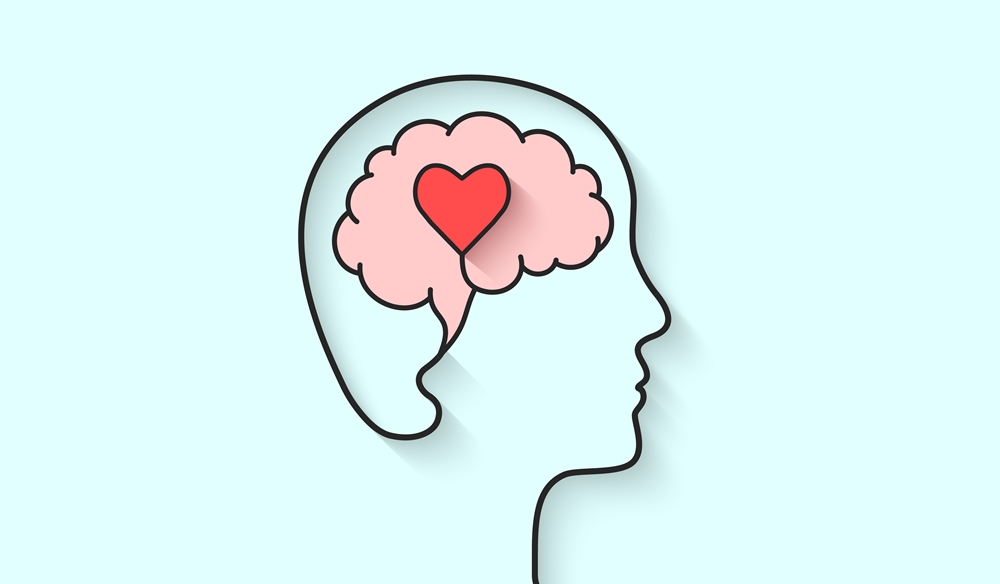Photo by Annick Saminaden
“What you get by achieving your goals is not as important as what you become by achieving your goals.”
Henry David Thoreau
Change is a Process not a Single Event or Action
Humans are capable of impressive personal accomplishments even in the midst of deep suffering. The backbone of all goals is embracing self-change. Whether making a new habit stick (e.g., going to the gym) or making a permanent transformative life change (e.g., ending long-term addiction), navigating the process of change can be daunting.
The science of behaviour change (Changeology) outlines a more efficient and effective path to successful change and goal achievement, based on 40 years of extensive psychological research (Norcross, 2013).
“If you want to live a happy life, tie it to a goal, not to people or things.”
Albert Einstein
SMART Intrinsic Goals Provide Effective Direction to the New You
Define SMART goals to maximise your chances of success (Moore, 2019; Sutton 2020). Make your goals relevant to you and your life priorities. Intrinsic goals have deeply rooted personal meaning and align with our core values and need for growth and fulfilment. Meaning provides a sense of direction, purpose and satisfaction in life.
Specify realistic goals (and subgoals), differentiating between short-term and long-term goals. Ensure goals are within your control and are expressed in a healthy/positive direction. Measure your goals (e.g. number of cigarettes smoked) to track progress. Successful self-changers teach us that it takes 90 days to create lasting behaviour change (Norcross, 2013).
“ A goal without a plan is just a wish.”
Antoine de Saint-Exupéry
Stage of Change Predicts the Probability of Long-term Success
People’s journey of change typically unfolds over time across 5 sequential Stages:
Precontemplation (deny/minimise problem; no intention to change),
Contemplation (recognise problem; ambivalent about change; no commitment to act),
Preparation (intend to take action/ take “baby steps”),
Action (modify behaviour, experiences and/or environment to overcome problem),
Maintenance (prevent relapse and stabilise behaviour change over time).
People spend varying time in each stage, but complete specific activities at each stage to progress to the next stage (Transtheoretical Model). The further along you are in the stages, the more likely you are to succeed. Assess My State of Change (Dr John Norcross, https://www.changeologybook.com/) helps identify your readiness for change.
Key to Efficient Change and Goal Achievement: Doing the Right Thing at the Right Time
Dr Norcross’ scientific approach to realising goals involves traversing 5 sequential Steps over a period of 90 days. At every step, goal progression is tracked (e.g., graphing cigarettes smoked). This maintains focus, provides feedback and helps reward your achievement.
People derail at any step. Some remain in Contemplation confronted by unrealistic expectations/self-defeating thoughts. Others rely excessively on motivation/ willpower when needing skills to take Action. Research shows that 15% of individuals who relapse regress to Precontemplation while 85% move back to Contemplation and eventually back into Action. Moving from Contemplation to Action doubles a person’s chances of succeeding (e.g., sobriety).
Successful self-changers typically recycle through the Steps in a spiral path, before reaching their end goals and creating lasting change (e.g., maintaining sobriety). Focus on meaningful goals that place you further along in the 5 Steps process.
The key to success involves identifying your Step (stage) and implementing proven strategies/change catalysts specific to that Step, in order to move to the next Step (Step matching).
Norcross’ 5 Steps and Strategies to Achieving Your Goals:
1. Psych: Get Ready (Stage: Contemplation; Week 1&2)
Outline intrinsic goals and define the New You (without consequences of the problem behaviour). Increase motivation to change.
Catalysts: Raising awareness of problem behaviour/ (un)desirable consequences and (New) You. Harnessing emotions pulling you away from change/towards a better ideal future. Redirecting these emotions (e.g., fear/ guilt/ shame/regret) to propel you forward. Committing- reviewing Pros/Cons of change; declaring your goal to another person.
2. Prep: Prepare Before Leaping (Stage: Preparation; Week 2&3)
Define SMART Goals. Understand the behavioural chain of the problem behaviour (triggers /behaviour/consequences). Build commitment before making your goal public. Choose your start day, identify support people, take “baby steps” and prepare for the launch.
Catalysts: Committing (e.g., practicing healthy alternative behaviour to increase self-efficacy); Finalising Action Plan with your Change Team (1-4 committed/supportive people).
3. Perspire: Take Action (Stage: Action; Week 2-8)
Develop healthy alternatives to the problem and build new behaviours. Create a flourishing environment/Change Team.
Catalysts: Rewarding yourself for keeping on track. Countering (doing healthy opposites of the behavioural problem, e.g., confronting dreaded situations); Controlling your environment (e.g., avoiding high-risk situations/people that can rekindle problem behaviour); Maintaining contact with Change Team (e.g., to keep a positive outlook, cope ahead, practice skills-Saying NO to requests that regress to old behaviour).
4. Persevere: Manage Slips (Stage: Maintenance; Week 8-12)
Minimize exposure to triggers that precipitate a slip; Recognise a slip (lapse; single unwanted event) need not become a fall (relapse; end goal is abandoned /reverting back to old patterns); Forge towards your goal despite unavoidable self-defeating thoughts/feelings/setbacks. Reach out to your Change Team for support.
Catalysts: Responding constructively after a slip; Preparing for the next time you slip (Create My Slip Card; Dr John Norcross, https://www.changeologybook.com/).
5. Persist: Maintain Change (Stage: Maintenance; Week 12 and beyond)
Master relapse prevention skills to maintain the New You. Have backup plans for unavoidable slips. If a rare slip occurs, understand the behaviour/situation, and shift any self-blame to lessons learnt and respond constructively to steer yourself back on track towards your goal.
Catalysts: Sustaining new behaviour (value/intrinsic meaning act as reinforcer); Enhancing self-efficacy across high-risk situations; Understanding process of change; Distinguishing between when to exit or persevere for a lifetime. Exit if temptation to regress/relapse across triggers is very low, self-efficacy to maintain the new behaviour is high across situations and a healthy lifestyle precludes the old problem behaviour.
“ The journey of a thousand miles begins with one step.”
Lao Tzu
Persevere Towards Your Goals with One Small Step at a Time
Through the science of behaviour change, you understand why your efforts derail(ed) and how to steer yourself back on track towards successful goal achievement. You learn to celebrate progress, build self-efficacy and develop self-compassion. You also learn to harness emotions to turn your fears into fuel and feel empowered in your ability to make meaningful, lasting change.
Whatever unique goals or personal change you are seeking, our team of highly skilled mental health professionals at Your Mind Matters is here to support you.
Resources
Changeology Resources – Book, ChangeologyBook.com Free Resources, Podcast, Youtube
Norcross, J. C. (2013). Changeology: 5 Steps to realize your goals and resolutions. New York: Simon & Schuster.
Dr John Norcross- ChangeologyBook.com (e.g., Self-Assessments- Assess My State of Change, Self-Change Exercises-Create My Slip Card).
https://www.changeologybook.com/
Dr John Norcross – Proven Methods to Define Your Goals.
https://www.youtube.com/watch?v=VKaqw_o8OlU
Dr John Norcross – 5 Basic Steps of Change.
https://youtu.be/LVBIQGIPkRY
5 Stages of Change from the Transtheoretical Model.
https://youtu.be/VVyhhMzWkiU
Podcast- Dr John Norcross
How to Make Lasting Changes in Your Life with John Norcross.
https://www.podbean.com/media/share/dir-tj6sn-1637861a?utm_campaign=w_share_ep&utm_medium=dlink&utm_source=w_share
Goal Setting and Achieving Goals -Defining SMART Goals, Free Worksheets
Moore, C. (2019, May 27). How to Set and Achieve Life Goals The Right Way.
https://positivepsychology.com/life-worth-living-setting-life-goals/
Sutton, Jeremy (2020, July 01). Goal-Setting: 20 Templates & Worksheets for Achieving Goals.
https://positivepsychology.com/goal-setting-templates-worksheets/
Science behind Goals, Values, Meaning, Behaviour Change and Flourishing:
Locke, E. A., & Latham, G. P. (2002). Building a practically useful theory of goal setting and task motivation: A 35-year odyssey. American Psychologist, 57(9), 705.
Maslow, A.H. (1943). A theory of human motivation. Psychological Review, 50(4), 370.
Prochaska, J. O., & DiClemente, C. C. (1982). Transtheoretical therapy: Toward a more integrative model of change. Psychotherapy: Theory, research & practice, 19 (3), 276-288.
Norcross, J. C., Mrykalo, M. S., & Blagys, M. D. (2002). Auld Lang Syne: Success predictors, change processes, and self-reported outcomes of New Year’s resolvers and nonresolvers. Journal of Clinical Psychology, 58(4), 397-405.
Norcross, J. C., Krebs, P. M., & Prochaska, J. O. (2011). Stages of change. Journal of Clinical Psychology, 67, 143-154.
Seligman, M. E. (2004). Authentic happiness: Using the new positive psychology to realize your potential for lasting fulfilment. Simon and Schuster.
Seligman, M. E. (2012). Flourish: A visionary New Understanding of Happiness and Well-being. Simon and Schuster.














